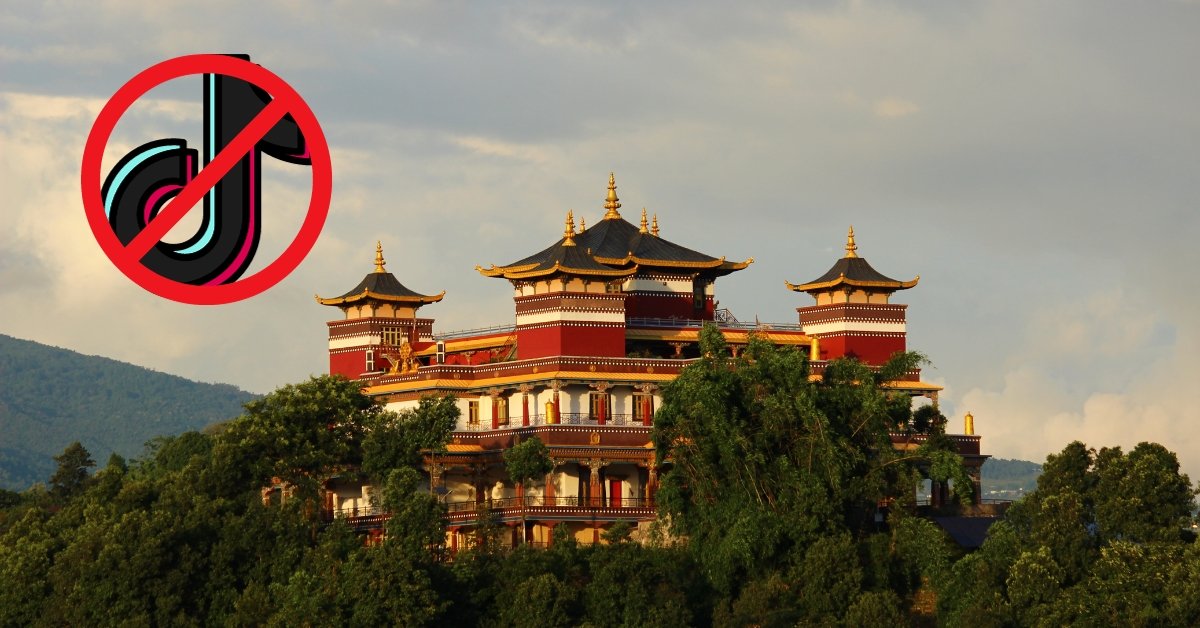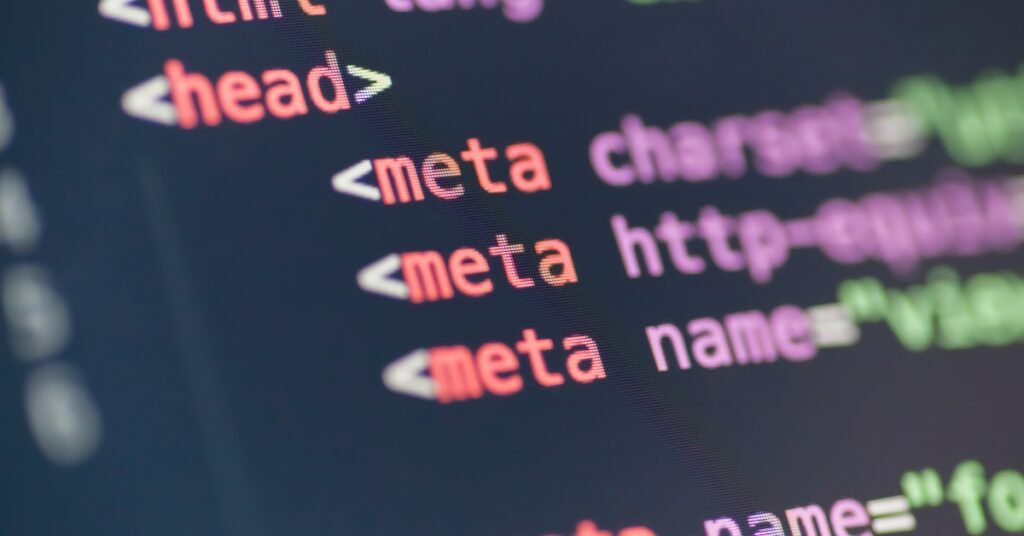Nepal bans TikTok over social harmony concerns, highlighting the need for stricter social media regulation and data security.
Table of Contents
Immediate Ban on TikTok in Nepal
The Government of Nepal has immediately banned TikTok, citing concerns about the app’s impact on social harmony.
This decision, reported by the Associated Press, follows a recent 19-point directive aimed at tightening content regulation across all social media platforms.
Reasons for the Ban
Foreign Minister Narayan Prakash Saud explained that the ban was essential to regulate TikTok’s influence, which was seen as disruptive to social harmony and a conduit for indecent materials.
The government aims to improve accountability among social media platforms, demanding their registration in Nepal, establishment of liaison offices, tax compliance, and adherence to local laws.
Impact on Social Dynamics
According to Rekha Sharma, Minister for Communications and Information Technology, TikTok’s presence in Nepal affected the country’s social fabric, family structures, and relations.
With over 2.2 million active users in Nepal, the app’s influence was significant, as the New York Times reported.
Rising Concerns and Complaints
The ban follows numerous complaints about TikTok fostering hate speech.
The Kathmandu Times highlighted that around 1,647 cybercrime cases linked to TikTok were reported.
Despite repeated government efforts to address these issues, TikTok allegedly needed to respond more adequately to the concerns raised.
Regulatory Challenges
As noted by The Kathmandu Times, a key challenge faced by the Nepali authorities was the absence of company representatives in the country, complicating efforts to manage user concerns and remove objectionable content.
Global Scrutiny of TikTok
TikTok, owned by a Chinese company, has been under global scrutiny, with concerns about data privacy and national security.
Similar concerns led to its ban in India in 2020 amid heightened tensions between India and China.
In summary, Nepal’s decision to ban TikTok reflects broader concerns about social harmony and the influence of social media.
The move also underscores the growing global apprehension about the governance of social media platforms, particularly regarding data security and their impact on societal norms.






